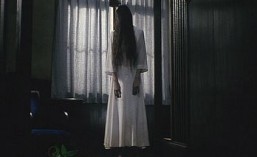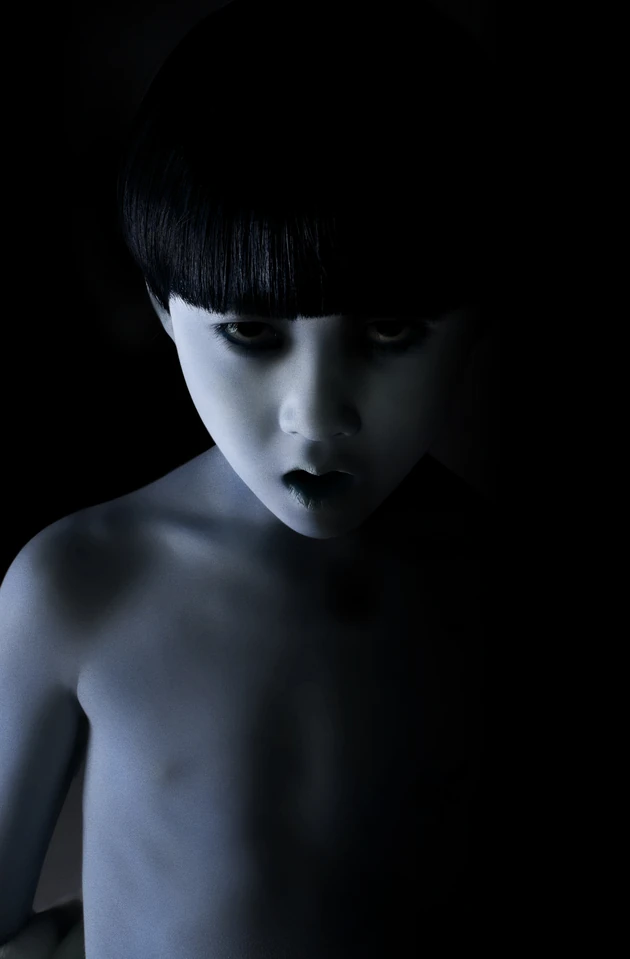Of course, the disturbing elements of Ju-On: The Grudge draws from more than just a period of economic hardship of Japan’s history. As a matter of fact, it borrows traditions dating back to the 8th century Japan.
In traditional Japanese beliefs and folklore, onryō, which literally translates to “vengeful spirit,” is a ghost that returns to the living world to seek vengeance after a wrongful death. Although this mythological spirit’s exact origin is unknown, existing information can be traced back to Prince Nagaya, a Japanese political leader during the Nara Period (710-794AD). Nagaya’s relatives, who were jealous with his power, charged the imperial prince with a false crime, driving him to commit suicide. A few years after, the four that who drove the prince to his death eventually all died one after another after catching small pox. In 1988, a Sogo department store was built on Nagaya’s former residence. Twelve years after completion, Sogo went bankrupt.
Due to these two incidents, people believed that Nagaya’s unjustified death bore a curse against the living. In Ju-On: The Grudge as well as the rest of the franchise, the onryō spirit is depicted through the pale ghosts, that come back to kill its victims through its manifesting anger. It is another fascinating element that influences the film to be as haunting as it is.
*Edit 11/15/2015:
Sources added:
- http://ju-on-the-grudge.wikia.com/wiki/Onry%C5%8D
- https://en.wikipedia.org/wiki/Prince_Nagaya
*Edit 11/20/2015: corrected several grammatical errors


